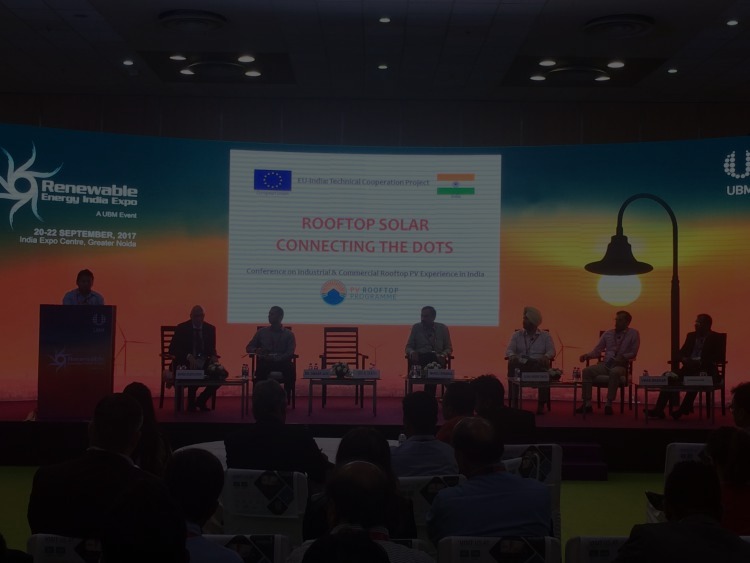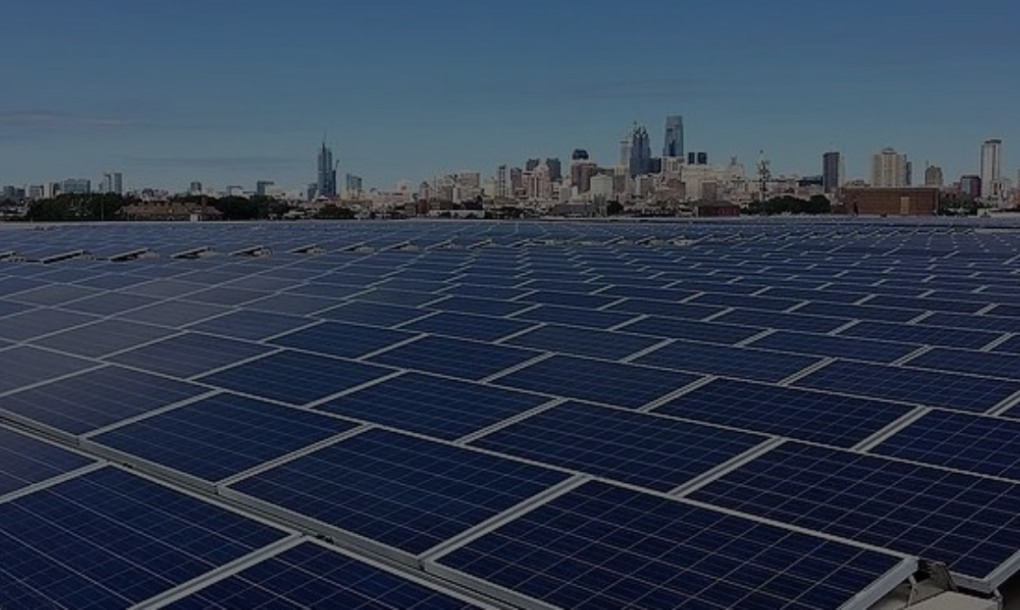Acting Assistant Secretary for Energy Efficiency and Renewable Energy Daniel Simmons today announced the winning team of the U.S. Department of Energy (DOE) Solar Decathlon 2017 in Denver, Colorado. The Swiss Team took first place overall by designing, building, and operating the house that best blended smart energy production with innovation, market potential, and energy and water efficiency. The University of Maryland took second place followed by the University of California, Berkeley and University of Denver team in third place.
“The U.S. Department of Energy Solar Decathlon provides real-world training and experience for the energy professionals of tomorrow,” said Acting Assistant Secretary Simmons. “It is also a live demonstration of innovative products available today that can help tackle global energy challenges such as reliability, resilience, and security.”
The teams competed in 10 contests throughout a nine-day stretch that gauged each house’s performance, livability and market potential. They performed everyday tasks including cooking, laundry and washing dishes, which tested the energy efficiency of each house. Full competition results and details about the individual contests may be found at www.SolarDecathlon.gov.
“This prestigious competition engages students from across the country and internationally to develop the skills and knowledge to become the next generation of energy experts, and I want to recognize all of these teams for their hard work and dedication,” said Linda Silverman, director of the Solar Decathlon. “Today’s results are the culmination of two years of collaboration among students from different academic disciplines — including engineering, architecture, interior design, business, marketing, and communications — who otherwise might not work together until they enter the workplace. Together, we’re ensuring that employers have the qualified workers they need to support American job growth.”
The results of the Market Potential and Engineering contests were also announced today. Northwestern took first place in market potential by scoring 92 of 100 possible points. For the Market Potential Contest, each competing house was evaluated by a jury of professionals from the home-building industry that evaluated the overall attractiveness of the design to the target client and the market impact potential of the house. Some of the criteria included appeal and marketability for the target client, the livability in meeting the target client’s unique needs, the house’s cost-effectiveness, and how easily the competition prototype could be constructed successfully by a general contractor.
Bob Dixon, director of the Office of Strategic Programs in the Office of Energy Efficiency and Renewable Energy at DOE, presenting the award, said, “The jury said that this team exhibited an outstanding use of focus groups, in-home visitation, storyboards, and a socio-linguistic analysis used to identify and validate design attributes through interviews in their target market segment.”
Team Netherlands claimed second place in the Market Potential Contest with 90 points, and Team Daytona Beach took third place with 85 points.
The Swiss Team took first place in engineering with a perfect score of 100 possible points. For the Engineering Contest, each competing house was evaluated by a group of prominent engineers who determined which house best exemplifies excellence in innovation, system functionality, energy efficiency, system reliability, and documentation through their project manual and construction drawings.
Bob Dixon, presenting the award said, “The jury believes the first-place house in the Engineering Contest offers comprehensive performance modeling that sports clear graphs, detailed explanations and a variety of representations. The quality of the thermal envelope is exceptional and carefully calibrated to the target climate with very good resistance to heat flow, a solid focus on airtightness, and high-quality components such as triple-glazed windows and sliding doors.”
University of Nevada, Las Vegas claimed second place in the Engineering Contest with 98 points, and Northwestern took third place with 95 points.
This year’s collegiate teams were chosen nearly two years ago through a competitive process. The selected teams and their projects represent a diverse range of design approaches, building technologies, and geographic locations, climates and regions – including urban, suburban and rural settings. They also aim to reach a broad range of target housing markets including empty-nesters, disaster relief, low-income, multigenerational, single-family and Native American communities. Teams have gathered their combined interdisciplinary talents to design and build the houses, as well as to raise funds, furnish and decorate the houses, and optimize the houses’ performance.
Source: http://www.renewableenergyworld.com/articles/2017/10/swiss-solar-decathlon-house-scores-a-perfect-100-in-engineering.html


